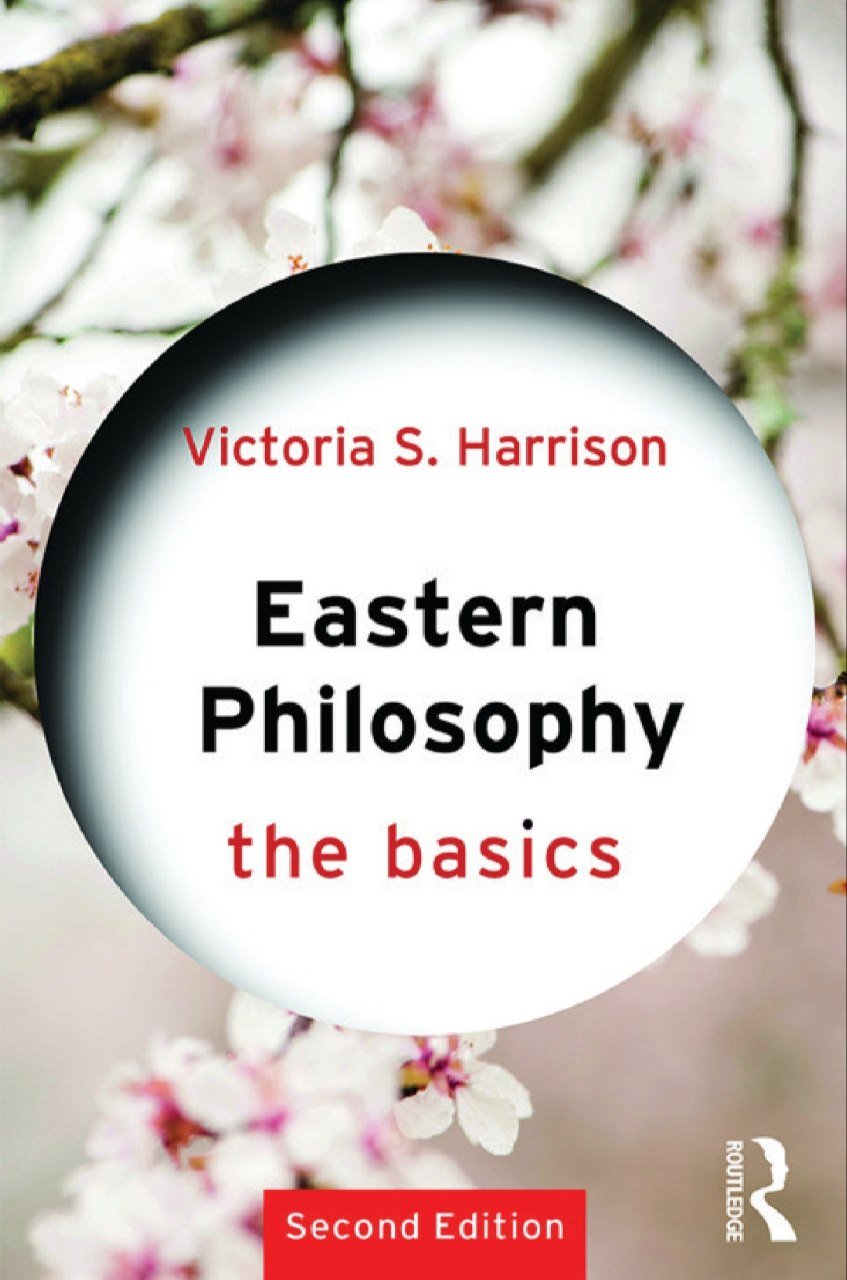

The Paradoxical Rationality of Søren Kierkegaard by Richard McCombs
Reviews
No review yet. Be the first to review this book!
Description
The Paradoxical Rationality of Søren Kierkegaard by Richard McCombs explores the unique and often misunderstood nature of Kierkegaard’s philosophical reasoning, arguing that his seemingly irrational or paradoxical style is in fact a deeply coherent and deliberate form of rationality. McCombs delves into Kierkegaard’s central concepts—such as faith, subjectivity, anxiety, and the leap into the religious life—and demonstrates how Kierkegaard develops a kind of rationality that challenges the rigid, objective logic of traditional philosophy. Rather than rejecting reason outright, Kierkegaard redefines it, showing that true understanding often requires moving beyond detached analysis and engaging with existence personally and passionately. McCombs carefully analyzes key texts like Fear and Trembling, Philosophical Fragments, and The Sickness Unto Death, showing how Kierkegaard’s pseudonymous authorship, narrative techniques, and use of irony are not obstacles to clarity but are instead integral to his method. Through this approach, Kierkegaard invites readers to experience truth rather than merely grasp it intellectually. McCombs argues that Kierkegaard’s thought exemplifies a paradoxical rationality—one that holds together opposites such as faith and doubt, reason and passion, individuality and universality. The book ultimately positions Kierkegaard not as an irrationalist, but as a profound thinker who expands the boundaries of rational thought, calling us to embrace a more existential, inwardly transformative way of understanding ourselves and the world.
























.png)





.jpeg)








.jpeg)





.jpg)








.jpg)
.jpeg)


.jpg)



.jpeg)

.jpg)







.jpeg)





.jpg)


.jpg)







.jpg)

.jpg)















































